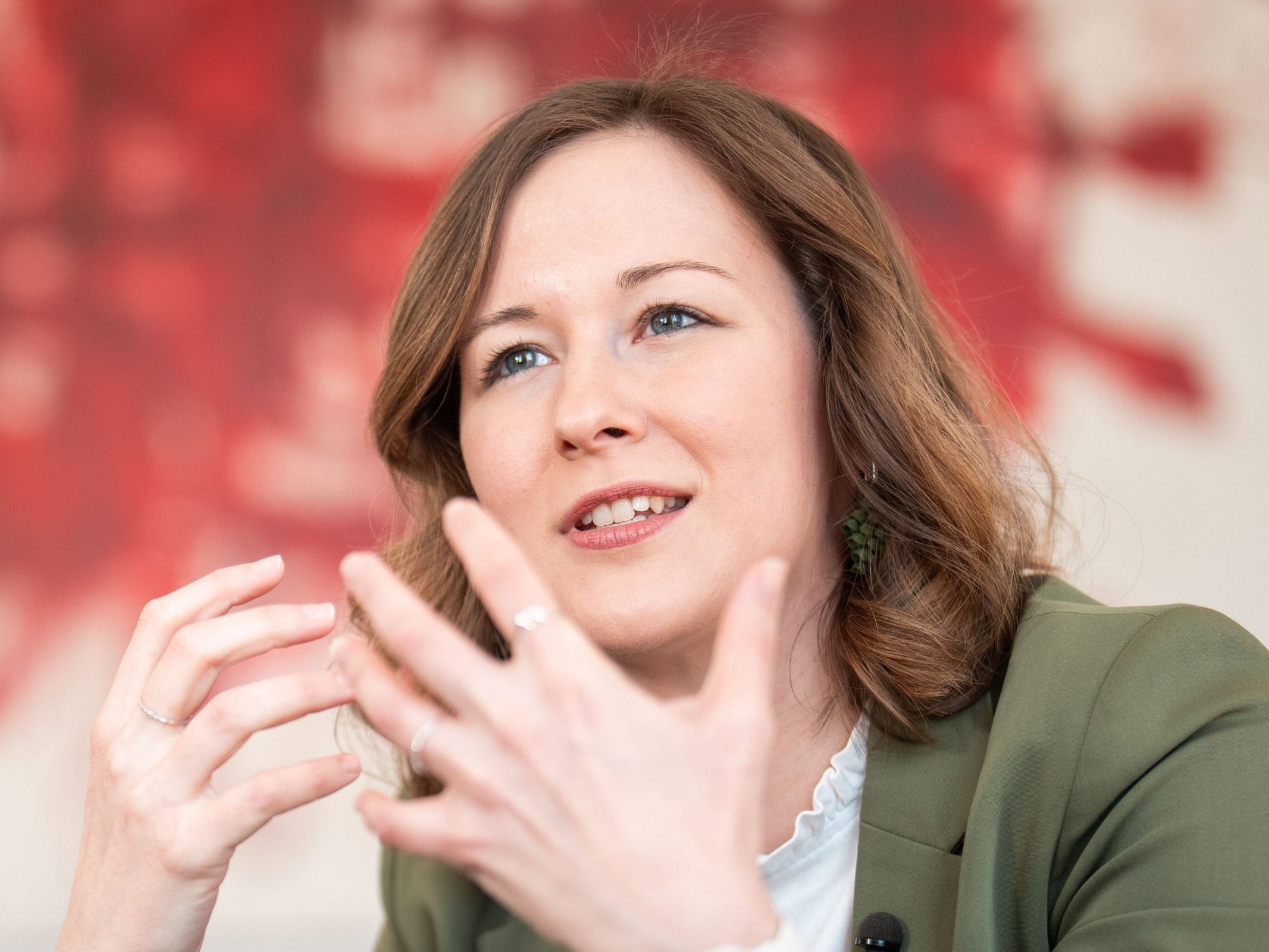Study Shows Difficult Integration in Family Reunification in Austria

The federal government has received argumentative support for its plans in asylum policy. A study commissioned by the Austrian Integration Fund (ÖIF) concludes that family members who join later have more difficulty integrating than asylum seekers and those with subsidiary protection who have directly applied for asylum in Austria. Especially in the first years after arrival, they are less frequently employed and learn German more slowly.
ÖIF Study: 70 Percent of Family Members Joining Later in Austria Are Female
The ÖIF is a fund of the Republic of Austria and, according to its own definition, a "strong partner of the federal government in promoting integration." The research report was prepared by the International Centre for Migration Policy Development (ICMPD). According to the press release, data from 12,500 asylum seekers and those with subsidiary protection in Austria were analyzed, including 2,500 family members who joined later and were surveyed between 2018 and 2024.
The majority (70 percent, of which 46 percent are adult women and 24 percent are minor girls) of the family members who joined later are female. Women who joined later reported more frequently, among other things, that they were not employed and lived with minor children in the household. They are unemployed at a rate of 34 percent, even more frequently than women (30 percent) who directly applied for asylum in Austria. At the time of the survey, 41 percent of the men who joined later were employed, compared to 57 percent of the original asylum applicants.
Plakolm Feels Vindicated: "Social Integration No Longer Sensibly Possible"
According to the report, women who joined later also learn the German language more slowly than women who directly applied for asylum in Austria: The results show that women who joined later less frequently attend German courses than women who directly applied for asylum in Austria. German language skills improve gradually with longer stays: After five years, both half of the women who joined later and the original asylum-seeking women rate their own German skills as good or very good.
Integration Minister Claudia Plakolm (ÖVP) saw the government's stance confirmed by the study. "More people to integrate means a mere influx into parallel societies, social integration is no longer sensibly possible," she stated in a written response. Chancellor Christian Stocker, on the other hand, said: "We see that the previous family reunification brings great societal challenges. By stopping family reunification, we protect our systems from further overload."
(APA/Red)
This article has been automatically translated, read the original article here.





